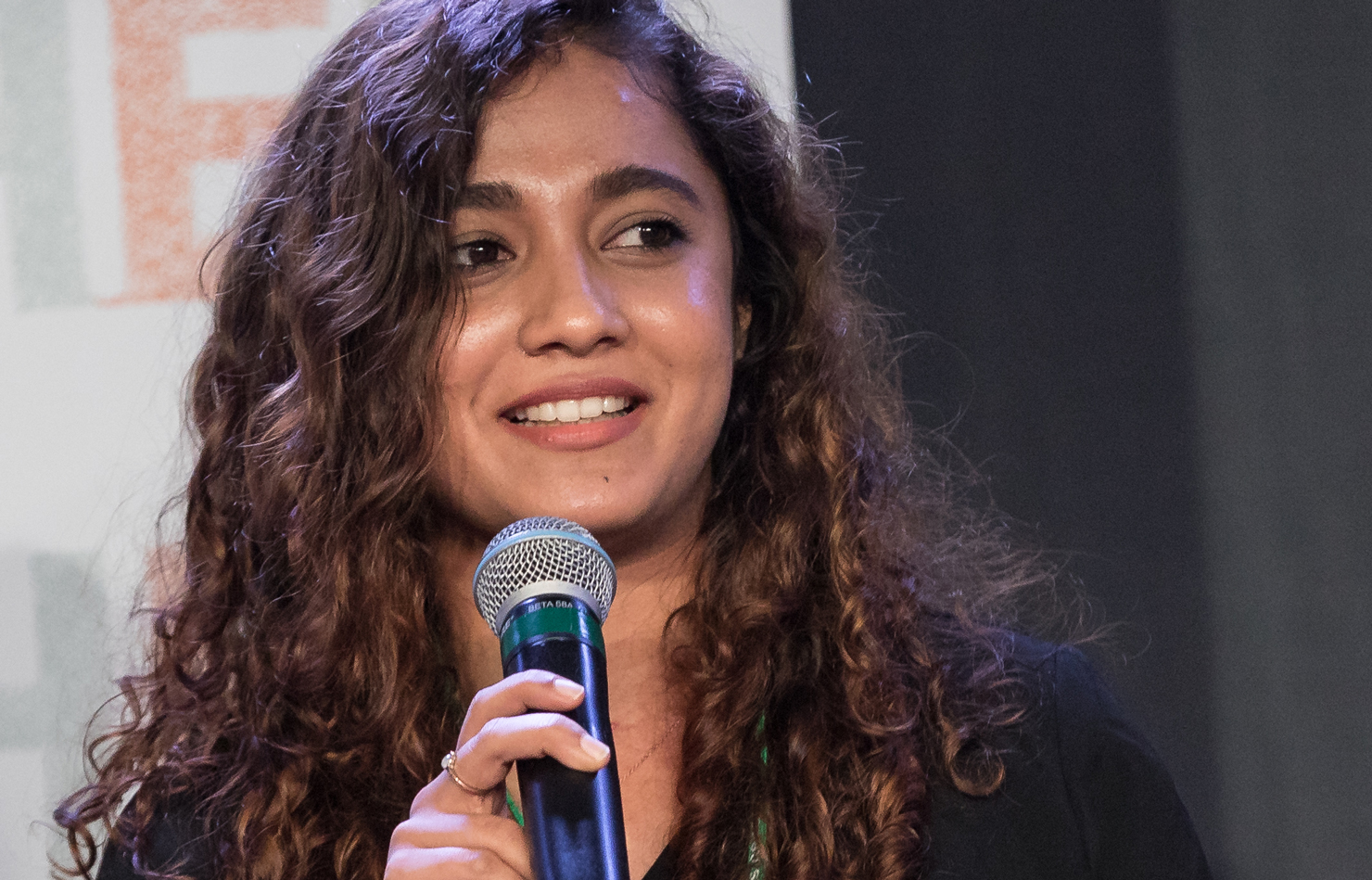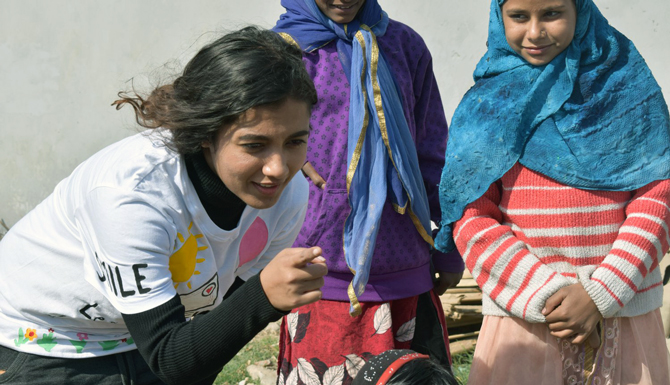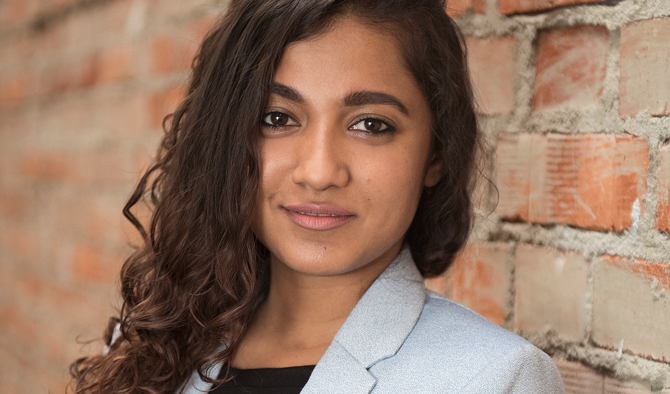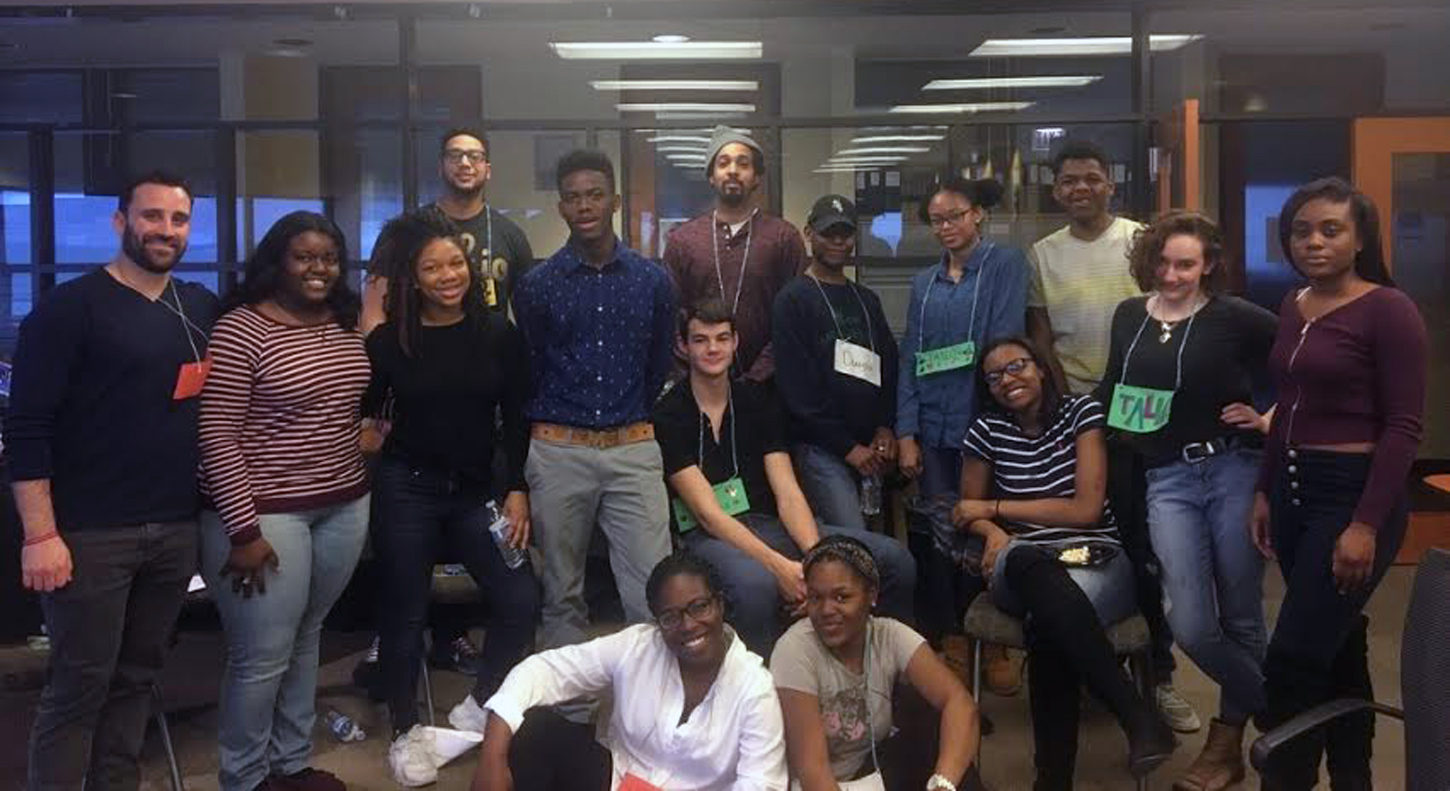CAIRO | Whether by starting an NGO and engaging in dialogue with other youth, organizing events, or writing op-eds, Egyptian Seeds have been deeply engaged in many of the changes sweeping their country.
Mostafa Fahmy filmed a music video called The Voice of Freedom. The video has gone viral, receiving 800,000 hits in four days on its way to well over 1.75 million.
Another Seed, journalist Mona El-Naggar, has written or contributed to dozens of stories, many front page, in The New York Times about the protest movements in Egypt and Tunisia. Mona appeared on Charlie Rose on February 2 & 10, and authored a February 19 New York Times Week in Review piece, “The Legacy of 18 Days in Tahrir Square.”
Other Egyptian Seeds have initiated events ranging from fundraisers to information sessions and dialogue groups for young people.
Two Seeds organized a day-long clean-up community service activity in Cairo. They called on their fellow Seeds to join them, writing: “As you all know, most streets are not in the best shape it could be, after all the protests that took place. It’s going to take time and effort to rebuild everything that was destroyed.”
Egyptian Seeds have also been voicing their observations about recent developments. As one writes, “a healthy constructive dialogue is what we need now—we need to listen to each other.” You can follow more commentary from these young leaders on Twitter.
Read “Egypt’s New Era,” a Huffington Post op-ed by Egyptian Seed Ramy Nagy »
Read a letter from Seeds of Peace Director to Seeds in Egypt during the uprising »









